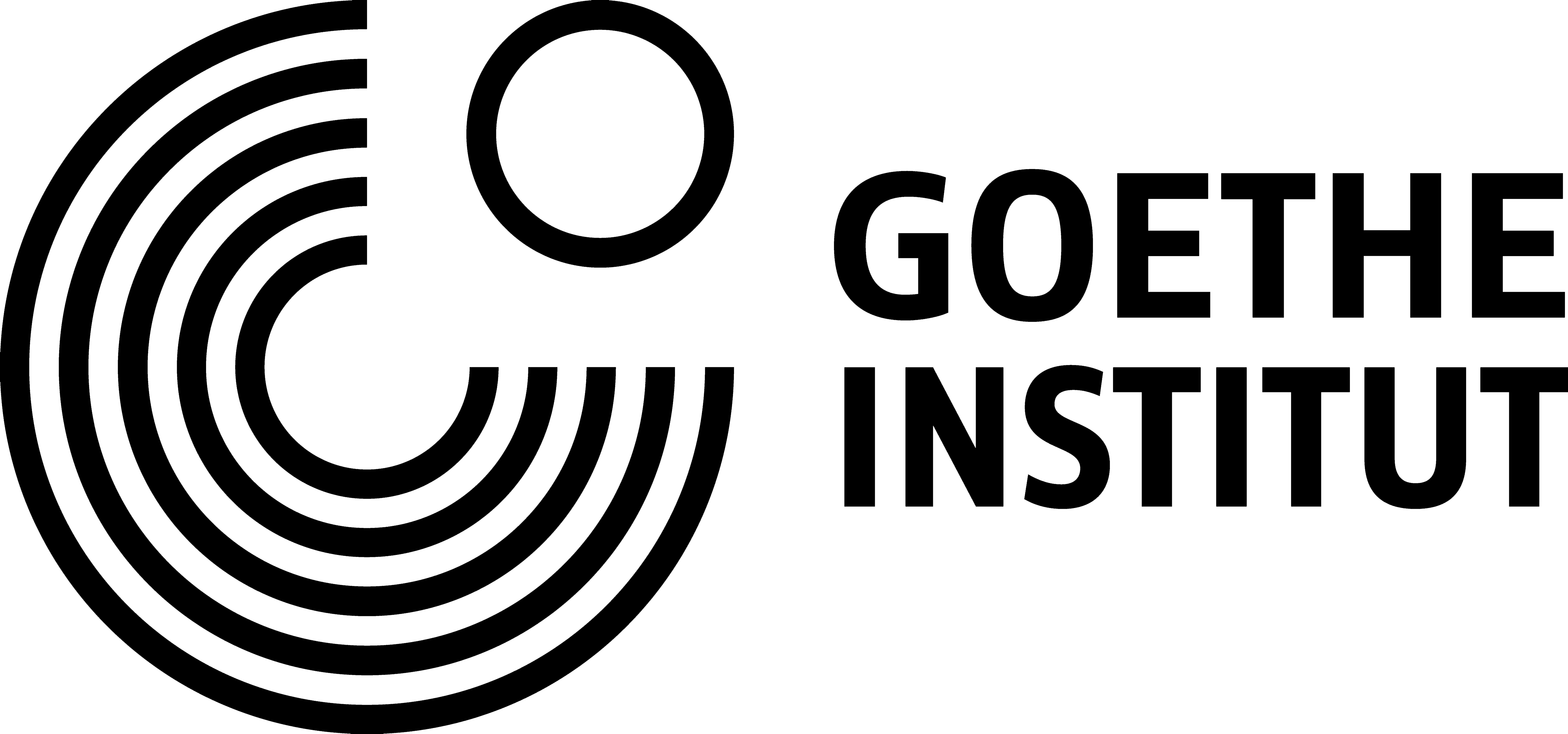
Curatorial Undertaking
“Abafa(ba)zi” explores the multifaceted ways in which African women have embodied and practised feminism within the context of African society. This exhibition illuminates their agency as they navigate familial, social, and spiritual landscapes. Each artist contributes to a broader narrative of self - being and self - determination, centering black women in their own narratives and offering glimpses into the lived experiences of African women across generations.
As “Abafa(ba)zi” travels across the continent over a period of five years, the exhibition title will be translated into the languages of each new country it visits. This inclusive linguistic tapestry will weave together many voices in solidarity, affirming the right of women all over Africa to exist freely and authentically in any form they choose. The growing collection of languages, like the women’s stories, will not be bound by borders but rather united by a shared purpose of liberation.
As part of the artists’ creative process, they were asked a series of reflective questions to inspire their work: When did you first realise that a woman may serve as a bridge between the known and the unknown? Was it something she said or did? What was her name, and how old were you? How did this realisation broaden your understanding of the world? This catalogue explores the various responses to these questions, some expressed through new commissions and others through curatorial selections of existing works. Through the exhibition, we hope to honour the countless unnamed women who preserve stories and culture.
Mimicking the layout of a house, the exhibition invites visitors to enter and exit through the kitchen, a central space in many African homes for gathering and storytelling. The drinking vessels, as the exhibition’s key visual, symbolise the pouring out and imbibing of knowledge and healing, and the sharing of stories, wisdom, and cultural heritage.
Building on the idea of home, the exhibition delves more deeply into communal values, exploring how “we” as a society empower ourselves through strong family bonds. It embraces tradition while accommodating diverse experiences, allowing space for the many different expressions of black culture. In doing so, the exhibition reflects a broader understanding of how culture and community shape identity beyond individualistic perspectives.

